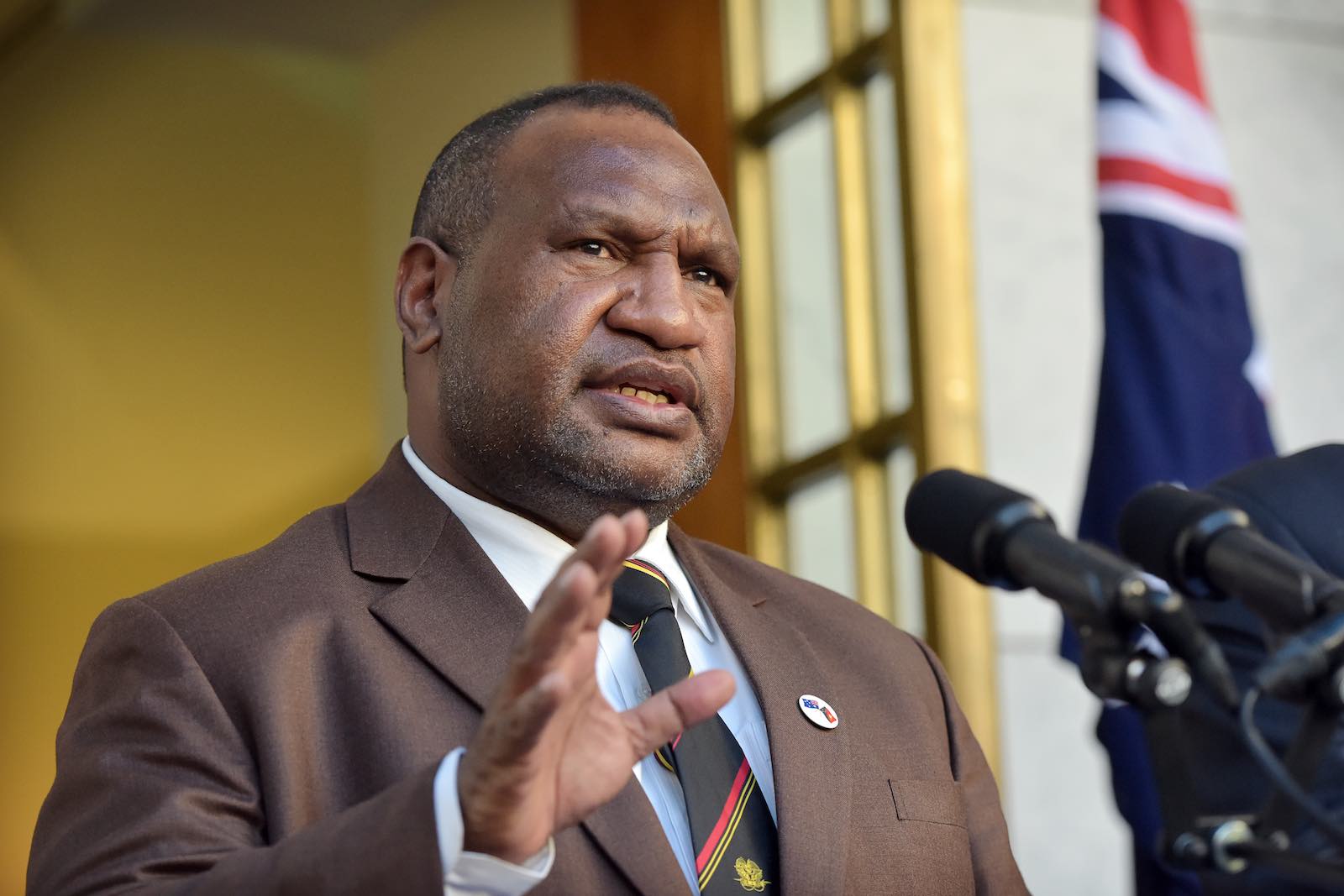Marape’s message: spend smarter, grow stronger
PNG’s Prime Minister highlights improving budget performance and commits to sustained fiscal discipline as the nation seeks reliable growth beyond its resource dependency.

Papua New Guinea’s Prime Minister has signalled a new economic direction. As the government reports improving fiscal performance, he is urging discipline — not exuberance — in how the country spends money. In a nation deeply influenced by the rhythms of commodity exports, the message is striking: growth must become steady, predictable, and grounded in long-term planning.
PNG’s economic story has always been intertwined with the resource sector. Liquefied natural gas, mining, and minerals generate the majority of export revenue. When prices soar, opportunity floods in. When prices slump, momentum evaporates. The result has been a cyclical economy that often struggles to convert resource windfalls into sustained national progress.
The government’s latest budget signals a deviation from that pattern. Instead of spending big during peaks and borrowing heavily during troughs, the priority now is balance. The Prime Minister emphasizes that deficit reduction is not merely an accounting exercise; it’s a foundation for self-determined growth. Stronger tax collection, improved oversight of resource royalties, and more stringent evaluation of spending proposals are beginning to show results.
At the heart of this strategy is an acknowledgment that PNG’s future cannot rely solely on its mines and wells. A young population is entering the labour market at accelerated rates, and resource projects cannot absorb the numbers. Growth must expand into agriculture, services, and small-enterprise development — sectors that create jobs in both cities and remote communities.
Fiscal responsibility supports that diversification. The government is directing spending toward infrastructure — roads, energy access, digital connectivity — the scaffolding that allows private sector activity to take root. Without reliable infrastructure, businesses cannot expand and communities cannot participate in the economy. Every kina spent must now justify itself against that standard.
The pursuit of discipline is not without political risk. Citizens expect improvements they can touch: better schools, safer hospitals, stable power. If fiscal responsibility feels like restraint without reward, impatience may grow. The government’s challenge is to demonstrate progress visibly and steadily.
Yet, the idea that a country rich in resources should no longer be vulnerable to the price swings of those resources feels both overdue and transformative. By insisting on responsible budgeting today, PNG hopes to purchase resilience for tomorrow.
The Prime Minister’s commitment is simple in concept, difficult in execution, and crucial in importance: spend only what builds the future.





